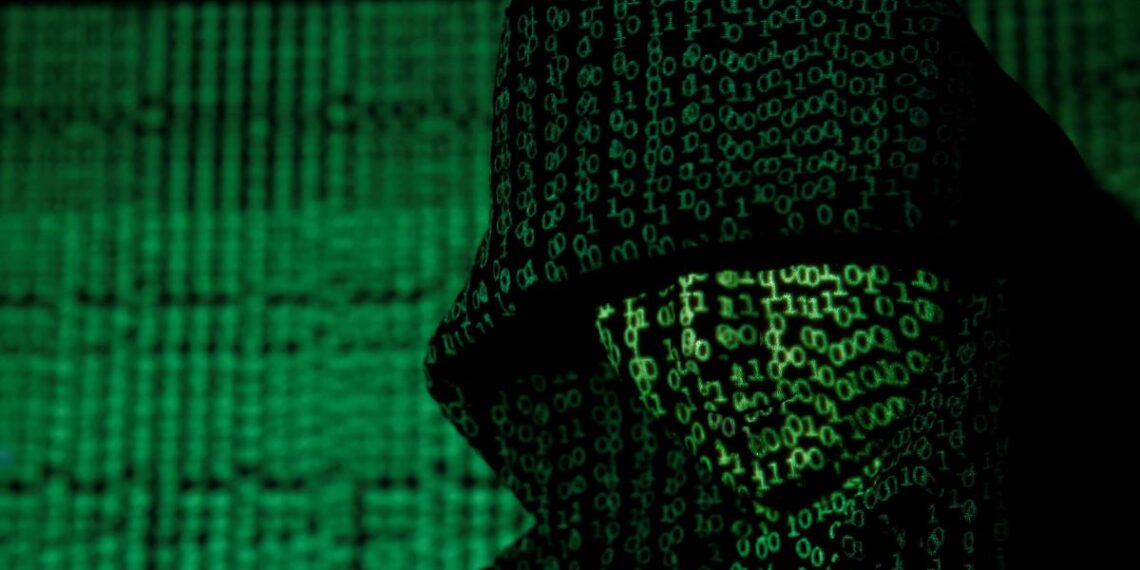It seems that the latest attempts to attack the BSV network through block reorganizations have agitated billionaire and philanthropist Calvin Ayre to the point that he is personally funding a bounty program in order to identify the malicious attacker. Ayre, who is also a known supporter of BSV and founder of blockchain conglomerate CoinGeek, is offering a substantial reward for information pertaining to the failed series of block reorganization attacks through the CoinGeek Crime Bounty Program.
The multi-million dollar bounty program was launched on August 6, 2021, just a day after the third and last attack on the BSV network was successfully repelled by the BSV Infrastructure Team. The series of BSV attacks, which began on August 4, is the second one within the span of less than a month. The first series of attacks started on June 24 and ended on July 9, which included a total of four block reorganizations that were malicious in nature. It is believed that the unknown miner by the handle “Zulupool” is the individual or group responsible for both series of attacks.
“In general, when two versions of the same blocks are mined, the longest chain is the one accepted by the system. Therefore, if an attacker can collect enough hash power, they can create a chain at a faster rate than their honest counterparts which will also make it the longest. When the fraudulent chain is unleashed, the chain may be accepted—albeit briefly—as legitimate, along with the double-spend transactions,” Chief Bitcoin Historian Kurt Wuckert Jr. wrote to explain what exactly happens during an attack and why the attacks were doomed to fail.
The malicious attacker may then use the small window when the fraudulent chain has been accepted by the blockchain to deposit the double-spent BSV coins with an exchange and trade them for a fiat currency, a different digital currency or any kind of legitimate asset. Basically, it is just a fancy way of stealing, which is why these kinds of attacks are criminal in nature. But through the effectiveness of the BSV network’s detection tools and the immediate response of the BSV Infrastructure Team, all of these attacks were successfully thwarted, and no BSV coins have been double spent.
“As the Bitcoin White Paper makes clear, invalid blocks are rejected by the system, and invalid blocks are those containing invalid transactions, such as double spends. As also assumed in the white paper, node operators are able and willing to consider the fraudulent chain as invalid and have every reason to execute the invalidateblock command released by the Bitcoin SV camp. When they do, the double spend ceases to be a part of the blockchain,” Wuckert explained.
The way the second batch of BSV attacks happened so soon after the first one—when the network is alert and ready to battle attacks again—has people wondering about the motives behind the malicious block reorganizations. If the goal was not to double spend BSV coins, then could the attacks have been instigated by rival networks that aim to harm the reputation of BSV that is continuously scaling to increase its blockchain’s efficiency and utility? Whatever the motive may be, Ayre is determined to get to the bottom of it.
But Ayre wants to make it clear that the CoinGeek Crime Bounty Program will not cease to exist after the perpetrator has been identified and apprehended. It is a long-term program that is part of efforts to create a more secure, safe and lawful cryptocurrency industry. “Crypto-anarchists may bristle at such restrictions, but regulation is the sector’s only sure-fire route to long-term sustainability.”
Anyone who has information related to the BSV attacks can submit their tips here, just select the “Report Crime” option in the form. Rewards will be negotiated based on how useful it is and how it “materially results in convictions for crimes committed in the BSV ecosystem.”

